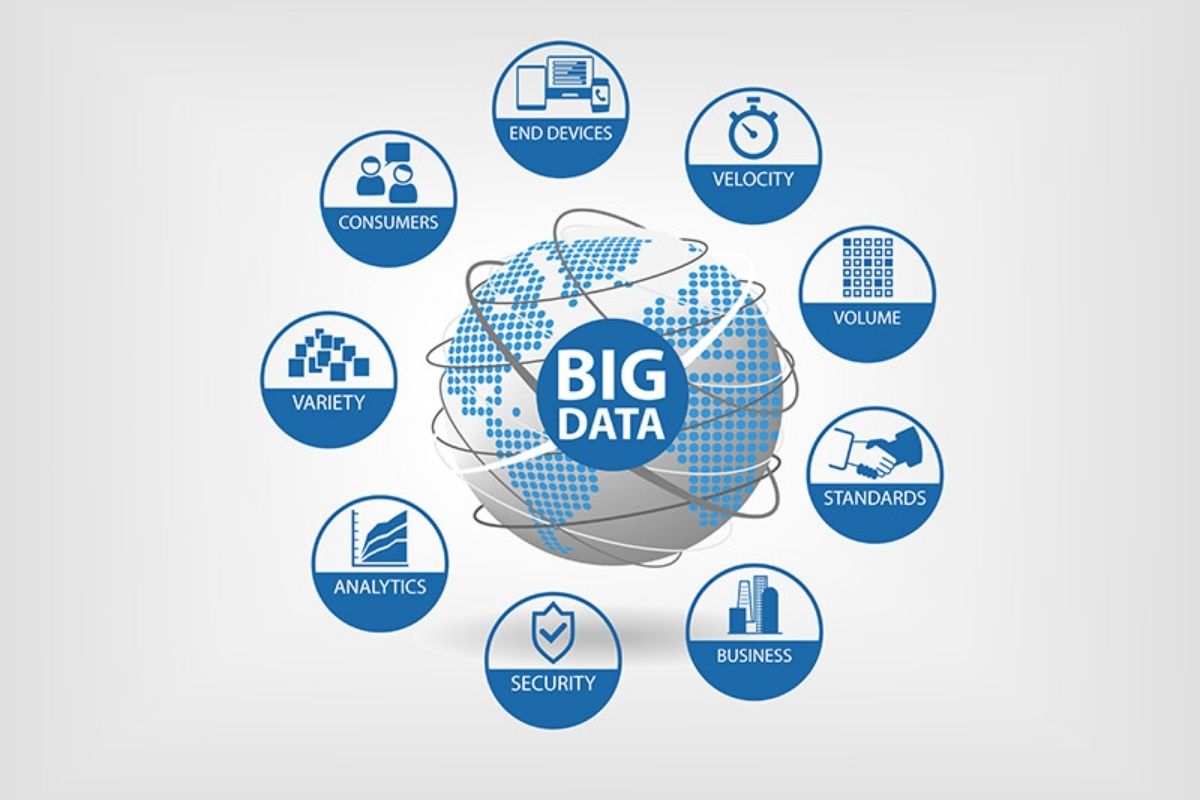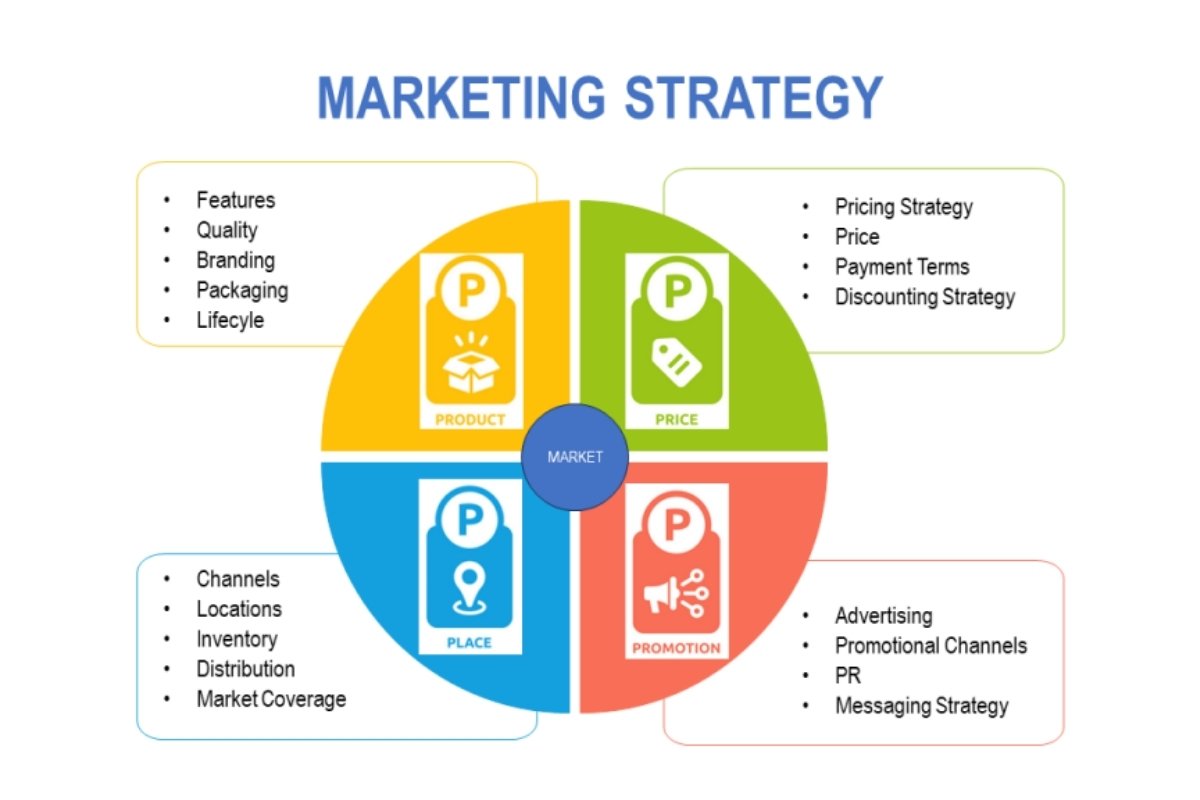In today’s digital age, data is one of the most valuable assets for businesses. The rise of Big Data has revolutionized how companies operate, make decisions, and scale their growth. Businesses that leverage data effectively gain a competitive edge by improving efficiency, understanding customer behavior, and optimizing their operations. This article explores the role of Big Data in business, its benefits, and how companies use it to drive growth.

What is Big Data?
Big Data refers to large, complex datasets that traditional data processing tools cannot handle efficiently. It is often characterized by the 3Vs:
- Volume: The vast amount of data generated daily from various sources such as social media, websites, transactions, and IoT devices.
- Velocity: The speed at which data is created, processed, and analyzed in real time.
- Variety: The diverse formats of data, including structured (databases), semi-structured (XML, JSON), and unstructured (videos, images, text).
Big Data is collected, stored, and analyzed using advanced technologies like machine learning, artificial intelligence, and cloud computing to derive actionable insights.
How Companies Use Big Data for Growth
1. Enhancing Customer Experience
Companies use Big Data to understand customer preferences, behaviors, and pain points. By analyzing customer data from online interactions, purchase history, and feedback, businesses can:
- Personalize marketing campaigns and product recommendations.
- Improve customer support through AI-driven chatbots.
- Offer targeted promotions to increase customer engagement.
For example, Amazon uses Big Data to recommend products based on previous purchases and browsing history, significantly boosting sales and customer retention.
Read more: Cloud Computing vs. Edge Computing: What’s the Difference?
2. Optimizing Business Operations
Big Data analytics helps companies streamline operations by identifying inefficiencies and predicting future trends. Benefits include:
- Supply Chain Management: Predicting demand and optimizing inventory.
- Workforce Productivity: Analyzing employee performance to improve productivity.
- Fraud Detection: Identifying suspicious transactions in real-time to prevent financial loss.
Retail giant Walmart utilizes Big Data to optimize inventory management and ensure products are stocked according to customer demand, reducing costs and improving sales.

3. Data-Driven Decision Making
Big Data enables businesses to make informed decisions based on data rather than intuition. By using predictive analytics and business intelligence tools, companies can:
- Forecast market trends and adjust strategies accordingly.
- Identify new revenue opportunities.
- Reduce risks associated with investments and business expansions.
For instance, Netflix uses Big Data to analyze viewer preferences, which helps in creating and recommending content that aligns with audience interests, increasing engagement and subscriptions.
4. Marketing and Advertising Strategies
Big Data has transformed digital marketing by allowing businesses to analyze consumer behavior in real-time. With tools like Google Analytics and AI-driven advertising platforms, companies can:
- Target the right audience with personalized ads.
- Optimize marketing budgets by measuring campaign effectiveness.
- Improve customer segmentation for better outreach.
Social media platforms like Facebook and Instagram leverage Big Data to deliver personalized ads based on user interests, online behavior, and demographic data, maximizing ad revenue and effectiveness.

5. Driving Innovation and Product Development
Companies use Big Data insights to develop new products and services that cater to evolving consumer needs. By analyzing market trends, customer feedback, and competitor strategies, businesses can:
- Identify gaps in the market.
- Enhance existing products based on user feedback.
- Develop innovative solutions that align with emerging trends.
Automotive companies like Tesla use real-time data from their electric vehicles to improve performance, safety, and user experience through software updates.
Challenges of Implementing Big Data
Despite its benefits, businesses face several challenges in adopting Big Data:
- Data Privacy and Security: Managing sensitive customer data while ensuring compliance with regulations like GDPR and CCPA.
- High Implementation Costs: Investing in advanced analytics tools and cloud computing infrastructure can be expensive.
- Data Quality and Management: Ensuring accurate, consistent, and relevant data for meaningful insights.
- Skilled Workforce: The demand for data scientists and analysts often outweighs the available talent pool.
Future of Big Data in Business
The future of Big Data will be driven by advancements in Artificial Intelligence (AI), Machine Learning (ML), and the Internet of Things (IoT). Businesses will continue to:
- Automate decision-making processes using AI-powered analytics.
- Utilize real-time data processing for immediate insights and actions.
- Enhance cybersecurity measures to protect valuable business data.
As technology evolves, companies that embrace Big Data will remain ahead of the curve, leading in innovation, efficiency, and customer satisfaction.
Conclusion
Big Data has become a crucial component of modern business growth. From improving customer experiences to optimizing operations and marketing strategies, data-driven decisions empower companies to stay competitive in an ever-changing marketplace. While challenges exist, businesses that invest in the right tools and strategies will unlock the full potential of Big Data and drive sustainable growth.
By leveraging Big Data effectively, businesses can maximize profits, improve customer satisfaction, and stay ahead of industry trends. Whether you’re a small startup or a multinational corporation, embracing Big Data is no longer an option—it’s a necessity for future success.


